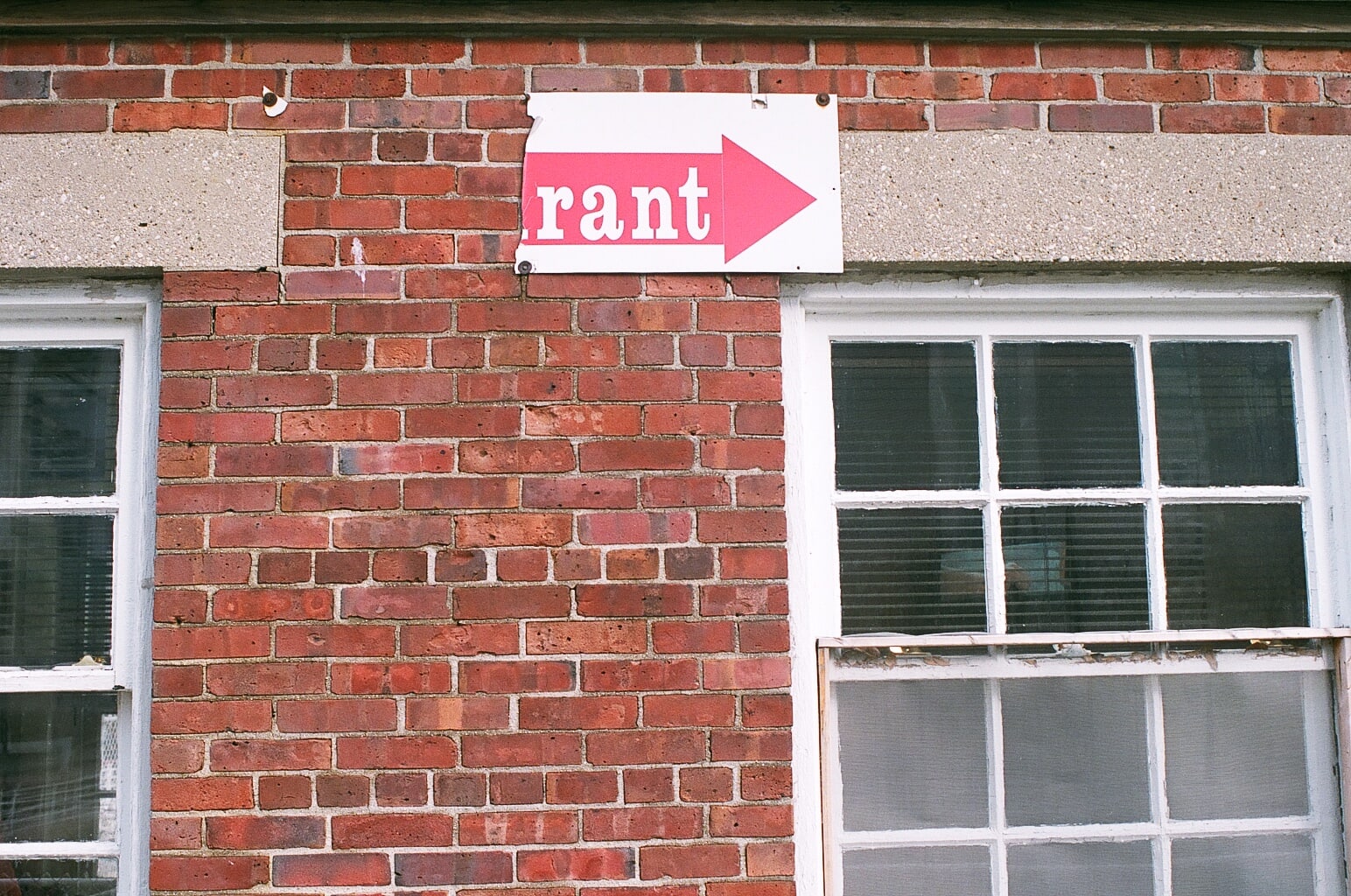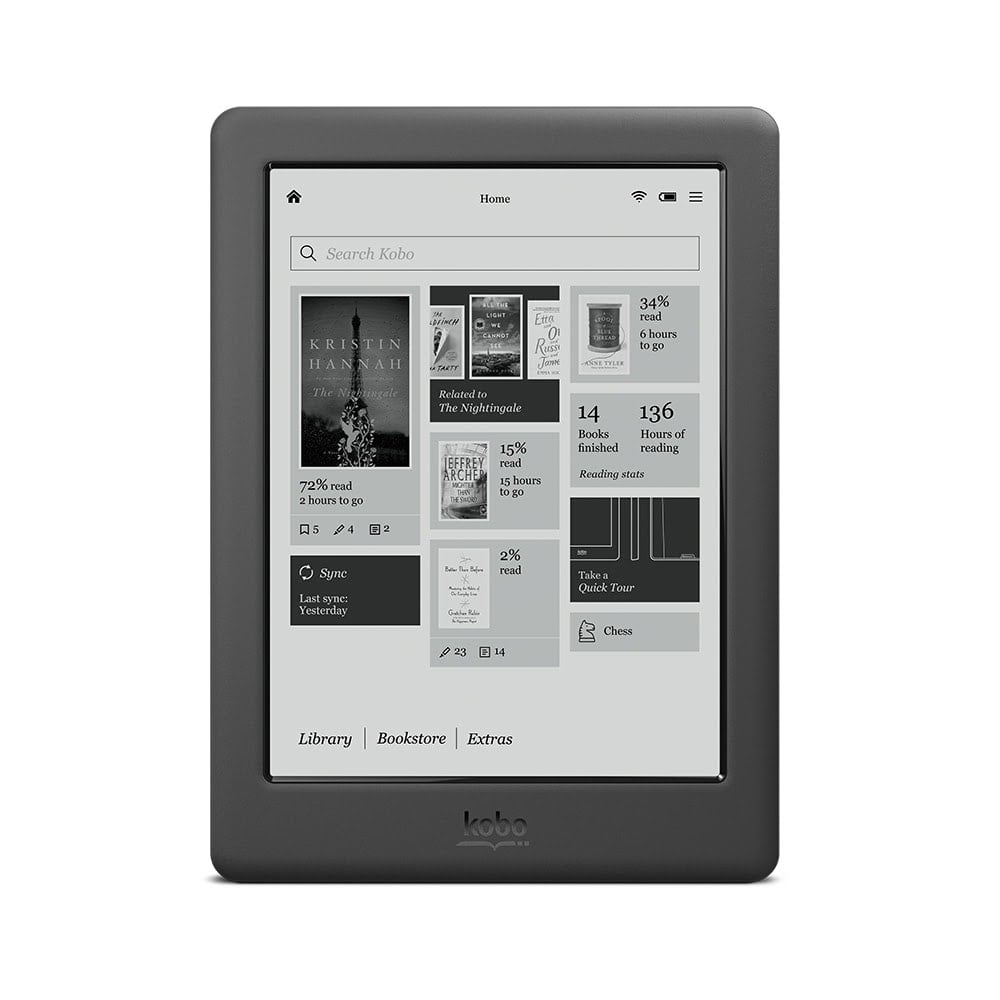Russell Smith Fails to Read Between the Lines of the eBook Debate: a Fisking


Writing over at The Globe and Mail on Sunday, Smith proclaims:
People in publishing are wielding statistics against each other, in the perennial e-book versus print debate, and nobody seems quite sure of what they all mean. All the publishers I know assert that sales of e-books have plateaued and everyone is investing in print again.
No, some of us understand exactly what the stats mean.
The stats Russell mentions are from publishing industry orgs like the UK Publishers Association or the American Association of Publishers. The figures are drawn from a limited part of the book publishing industry, and are often misinterpreted by the media as reflecting the entire book market.
We knew what the stats meant years ago, and we also knew that they are being misinterpreted. Russell is new to the idea, however:
In U.S. and British media, much has been made of the fact that recent stats show e-book sales slipping and print book sales slightly advancing or at the very least holding their own. Sony is no longer selling an e-reader. Amazon is opening physical bookshops. This has led to much gleeful crowing by opinion columnists who grew up reading paper books and are thrilled that the promised bookpocalypse never happened.
Recent?
That would only be true if you consider three years ago to be recent.
Nick Carr was crowing over "flattening" ebook sales three years ago in much the same tone as Simon Jenkins used in The Guardian a couple weeks back, and there are a half-dozen other examples in the past few years you could point to, including another story in The Guardian and one in the NYTimes.
It’s not a new phenomenon; by this point it is a trope, one with obvious characteristics:
- an "ebooks didn’t kill print" meme,
- limited industry stats, which are misinterpreted by a
- journalist who doesn’t understand the context of the data.
Russell and I also differ on the journalist’s motivation; I think they simply don’t grasp the context, but he thinks:
There is a great deal of ideological bias at work here. Some people just really want e-books to fail. They just don’t like them. Ugly as “virtual books” sounds, it is obviously absurd to say that reading on a screen is “not real.” Nothing about words is real: They are all just words whether on a phone or on a wall and they can be equally powerful.
There’s some truth to that. Nick Carr hated ebooks, and Simon Jenkins certainly sounded like he hated them as well when he wrote his piece for The Guardian a couple weeks back.
But those are the exception, and not the rule.
Russell also gets it wrong when he tries to explain the limitations of the industry data:
What is not reported in the statistics is all the outsider writing: all the thousands of self-published novels and memoirs and self-help guides that are published, quickly and cheaply, in electronic form. Their success only continues to grow. And sellers such as Amazon are doing their best to provide these works directly to consumers, bypassing publishers altogether.
No, the stats also miss a lot of traditionally published books as well. It’s not just self-pub; there’s also a teeming mass of indie pub that is going uncounted as well.
But given the pointless ad hominem attack Russell unleashes against self-pub, I don’t think that distinction matters to him:
What is not reported in the statistics is all the outsider writing: all the thousands of self-published novels and memoirs and self-help guides that are published, quickly and cheaply, in electronic form. Their success only continues to grow. And sellers such as Amazon are doing their best to provide these works directly to consumers, bypassing publishers altogether. They are not given any status by any expert, only by word-of-mouth or by self-promotion (often hard to distinguish between). As a result they come with no promises of being carefully researched or backed by scientific institutions. Self-published books are, for the most part, chatty. This leads to different expectations of what writing is. The self-promotion that must accompany self-publishing also leads to a new conception of what being a writer is.
I’d like to snark about Penguin’s cancer-curing cookbook, but to be honest this is the point where Russell’s piece falls completely apart. He’s run out of things to say, so instead he just started spitting out random attacks on self-published books just to make sure he reaches his word count quota.
It’s not worth debating, and he really should have ended his piece three paragraphs early.
Like this.
image by Nesster

Comments
Chris Meadows May 24, 2016 um 2:59 pm
And yet, there was that panel at BEA in which Peter Hildick-Smith of Codex suggested that e-book sales were flattening out because people with e-ink readers buy more e-books but not as many people are buying e-ink readers, and he explicitly stated that these statistics did take into account self-published as well as trad-published works because they talked to people who bought both.
Jon Jermey May 24, 2016 um 4:25 pm
Each year I pay for computer software, in real terms, about a quarter as much as I did in the 1990s. That doesn’t mean use less software, or worse software — on the contrary — just that market forces have driven down the price of software to the point where it’s now virtually negligible. And the same will inevitably happen to ebooks. Any proclamations or predictions about ebook popularity which are based on monetary values are going to go wildly wrong for that reason.
Nate Hoffelder May 24, 2016 um 4:50 pm
Just a second while I bookmark this.
Ian May 24, 2016 um 8:22 pm
"Fisking"? Really? What next? A "Pilgerism"?
Otherwise, a thoughful rebuttal.
Richard Hollick May 25, 2016 um 11:20 am
Once again: it’s not either or, it’s both and. Yes, of course there are lots and lots of self-published and indie-published e-books which don’t get counted in the industry statistics, but it is also true that traditional publishing (a large industry still) is seeing an up-tick in print book sales and a decline in e-books. You are right, and Smith is right. You are just talking about different things. I very much doubt if one will kill off the other (either e-book/p-book or indie/trad publishing.) The world seems to be big enough for both.
Sales, e-book v. p-book | Making Book May 26, 2016 um 11:16 am
[…] self-published and indie published books. For one of the more sane debates, see this recent post by The Digital Reader. But the fact is you can’t include numbers from outside your industry when you are reporting […]
May 2016 Author Earnings Report Says Indie Authors Are Making All the Money | The Digital Reader June 2, 2016 um 7:53 pm
[…] Russel Smith followed up his uninformed ramblings about ebook sales stats with a piece that claimed that indie authors were no worse off financially […]
Digital Fatigue, or the New Industry Spin on eBook Sales | The Digital Reader June 21, 2016 um 12:13 pm
[…] the past year that recurring story has been recognized as a trope, and a false one at that. Even The Bookseller has acknowledged that data from the AAP did not […]
eBooks Die While Used Print Book Sales Live On | The Digital Reader September 26, 2016 um 9:52 am
[…] not the first to make that mistake, and it really doesn't matter here because it doesn't change his broader point […]